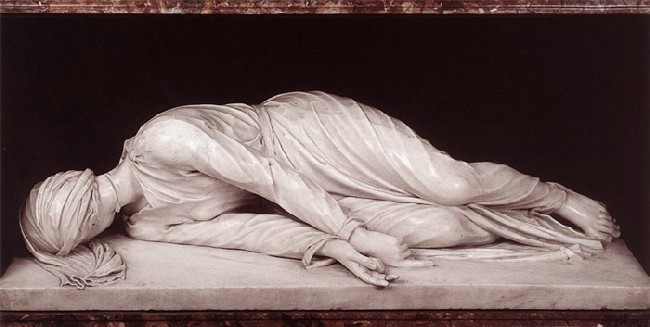SOS by Collect Call
Today I prayed Lauds from the Monastic Diurnal I received recently. All I did was open the book and turn to the Saturday section for Lauds and started reading. Near the end of the office I saw a note to turn to Monday for the Benedictus and conclusion. I have no idea if I missed anything.
A couple of weeks ago, I found some good help notes for the Monastic Diurnal which I have linked on the right sidebar of this blog under the section called “Monastic Diurnal Helps” but have not read them yet.
I enjoy the hymns in the Monastic Diurnal and I much prefer the translation of the psalms in the Monastic Diurnal to the translation in the “Benedictine Daily Prayer — A Short Breviary” (which has many great features and which I use.)
All in all my prayer of Lauds from the Monastic Diurnal today was a good experience. Now all I need to know is whether I read the correct material!
Part of my problem as I mentioned here is that much of the terminology in the rubrics (the instructions/headings for the praying the divine office — often written in red-colored ink — hence the name) of the Monastic Diurnal is unknown to me — I need to learn what a “ferial” is and what's a “collect.” Help, who or what am I going to call Collect?
_____________________
Picture is SOS by Collect Call by Bill Smith1
Comparison of "Benedictine Daily Prayer" and "The Monastic Diurnal" here.
.










John, I wasn't sure if you were asking a question about meanings of collect and ferial but I thought I would offer a couple of ideas. Forgive me if I am interfering and you were simply offering a reflection of your experience rather than asking questions.
ReplyDeleteFeria - contrary to its Latin meaning of "feast day" is a day in the church on which there is no feast.
Collect:
A short liturgical prayer, variable according to the day, the season of the church year, and the occasion. It is typically a single sentence. Collects appear in all the BCP services, and may "collect" and draw together the themes appropriate to the day. Collects have a consistent form, including an invocation to God, a petition, and a conclusion. The invocation, or preamble, may mention divine attributes or acts that are grounds for the petition. For example, the collect for the Second Sunday of Advent begins with the invocation, "Merciful God, who sent your messengers the prophets to preach repentance and prepare the way for our salvation. . . ." (BCP, p. 211). The petition may be modified by a result or consequence clause that states the intended outcome of the petition. For example, the collect for the Fifth Sunday of Easter includes the petition with consequence clause, "Grant us so perfectly to know your Son Jesus Christ to be the way, the truth, and the life, that we may steadfastly follow his steps in the way that leads to eternal life. . . ." (BCP, p. 225). The conclusion typically gives glory to God, and is in the formula of a doxology. The collect of the day precedes the lessons at baptism and the eucharist. A collect typically concludes the prayers of the people at the eucharist. The Daily Offices conclude with one or more collects. The BCP provides contemporary and traditional language collects for all Sundays of the church year and holy days, as well as common collects for categories of saints (e.g., "Of a Martyr," "Of a Missionary"), and collects for various occasions and observances (e.g., "For all Baptized Christians," "For a Church Convention"). (The BCP is the Episcopal Book of Common Prayer.)
I hope this helps. Peace,Mike
Mike, I was trying to make a joke! (oh boy) But within the joke (as you saw) was the fact that I do not know what those words mean and was going to have to study the New Advent Encyclopedia. (I had skimmed the entry for Collect and concluded that just skimming would be insufficient). However, your definitions and explanation of both words are excellent and clearly presented. I know what both words mean thanks to you. I appreciate it very much. Who ya gonna call? Mike.
ReplyDeleteYou may also find it useful to follow along with free audio versions of the Liturgy of the Hours at http://DivineOffice.org.
ReplyDeleteI am the producer of this audio and the Divine Office podcasts and we have a growing community that pray the hours with us using this audio form.